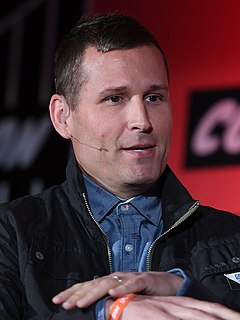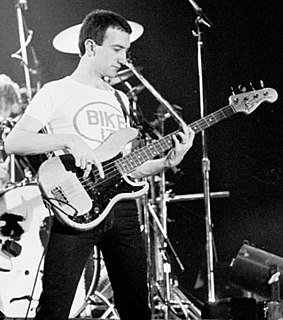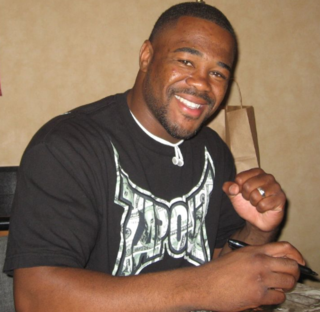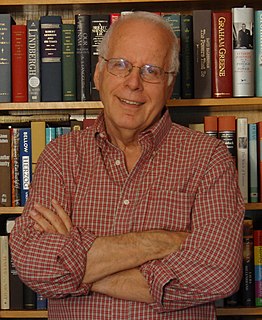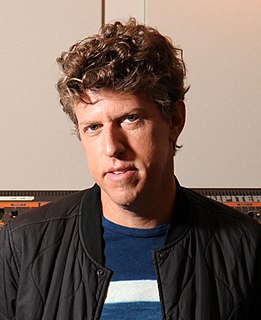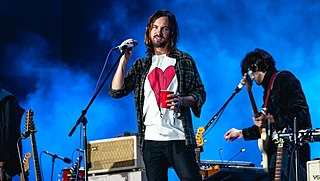A Quote by Ian Gillan
If there was such a thing as a typical English gentleman in rock music, then it was Jon Lord.
Quote Topics
Related Quotes
"Smooth Sailing" and "Hall of Fame" are my top two nicknames. "Cool Guy." "Jolly Jon." "Fun Jon." There's a lot of derivatives of Jon. "Cool Jon." Some people took "Smooth Sailing" and "Fun Jon" and made "Smooth Jon." That's a good one. It's just starting to catch on with the general public. Just every now and then, "Hey! Smooth Jon!" Or "You're Smooth Jon, right?!" People aren't quite sure. I'm like, "Yeah." "Okay, cool, that's what I thought!"






